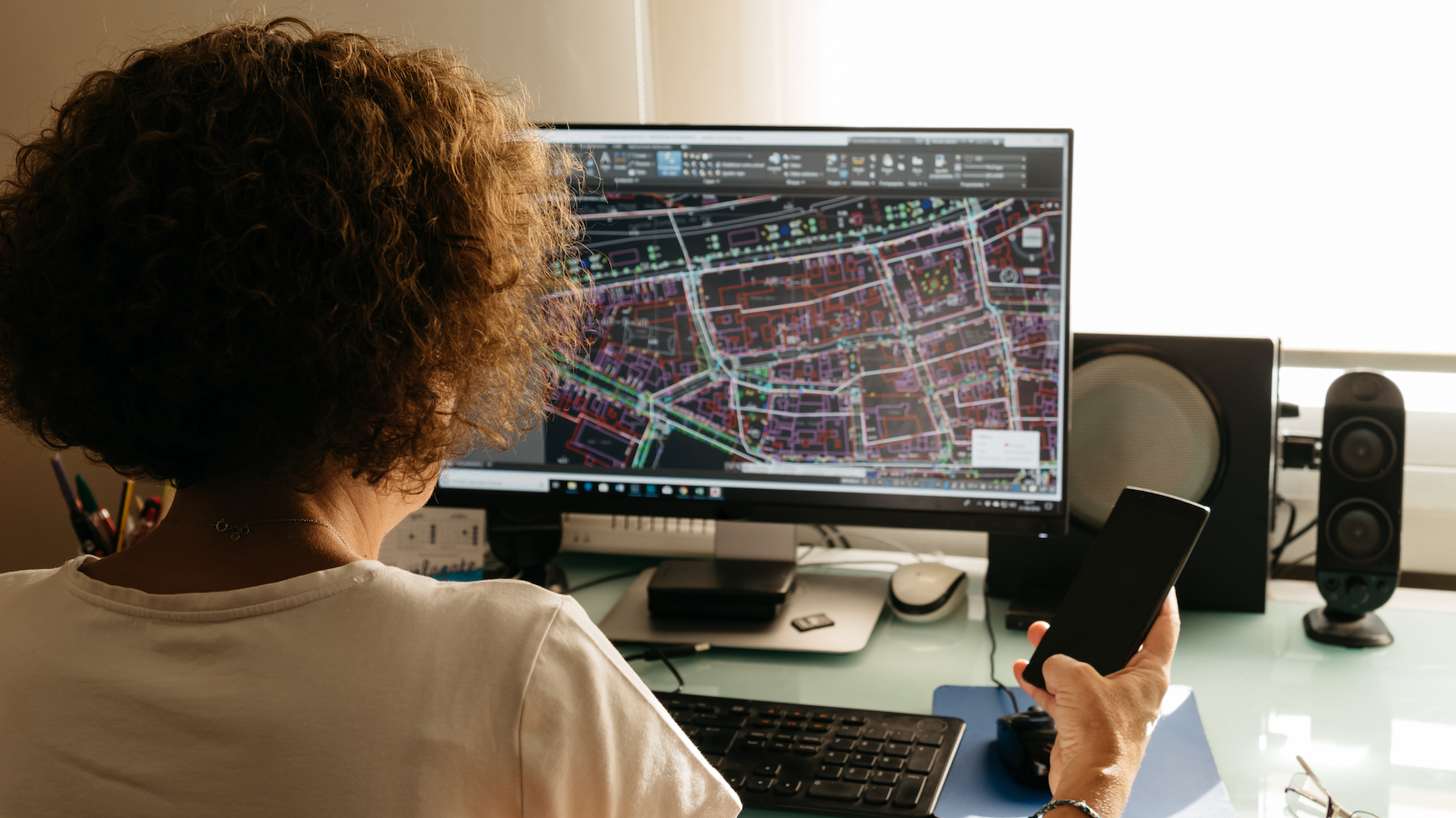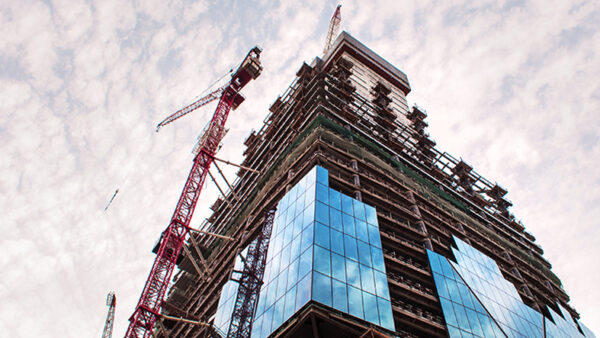Remote working is a step forward towards the culture and behaviour change construction needs to embed inclusive working practices, says Anna Koukoullis

Since the pandemic hit, more businesses have started to shift to remote ways of working. Could this help to improve gender equality and diversity in the workplace?
It should do – but I am not entirely convinced. I remember a story from a female construction worker, who had left her career as a building manager over a decade ago, because childcare duties clashed with the 7am site opening hours. Remote working hasn’t changed this.
McKinsey suggests that, during the pandemic, women’s jobs were 1.8 times more vulnerable than men. This is in part because women continue to bear the brunt of childcare responsibilities, despite remote working.
It took a global crisis to rethink how, when and where we work, but tackling the stereotypes associated with gender roles is still a key challenge. Changing these perceptions could see the biggest shift in caring responsibilities since the second world war.
Challenging perceptions
Remote working is not revolutionary; but there is work to do to challenge the perception of the male ‘breadwinner’ and the female ‘caregiver’.
So where does this leave the industry? Suicide rates for construction workers in the UK are over three times the national average. Could the way we work on site and the pressures of being a ‘breadwinner’ impact these statistics?
“It took a global crisis to rethink how, when and where we work, but tackling the stereotypes associated with gender roles in society is still a key challenge”
Women make up around 14% of construction professionals – still relatively low. Is the role of ‘female caregiver’ still causing issues recruiting and retaining women? While the industry has drastically improved over the years, competition still drives a toxic alpha culture where being vulnerable or empathetic is considered weak. Men working in construction have in the past faced inappropriate banter for clocking off early for childcare or health issues.
The pandemic presents a nice opportunity to rethink perceptions around caring responsibilities and work-life balance.
At Willmott Dixon we are committed to 50:50 gender parity in all roles by 2030. Over the last year our people working in support functions and preconstruction teams have successfully worked remotely. It has been heartening to see everyone embracing their humanity, with toddlers appearing on screens becoming the norm for both genders.
Teams on site have also started to stagger working patterns to enable social distanced working practices. Male workers have commented how much they have enjoyed regaining quality time with their families and are talking more openly about caring duties.
Remote working is a step forward in the right direction, but we need the right culture and behaviours to embed truly inclusive working practices. I urge construction companies to consider how they are helping to break the perceptions associated with fatherhood and caring duties.
If we can succeed in this, we will have happier people, more productive teams, and a better place to work for all.
Anna Koukoullis is head of social value and equality, diversity and inclusion at Willmott Dixon Interiors and a CIOB policy board member.
Comments
Comments are closed.












How about just hiring the right person for the job – irrespective of all this virtue signalling nonsense.
There are plenty of tools out their from the likes of Thomas international to help you establish the key traits you want for the jobs you offer.
Diversity hiring (or reverse / positive discrimination) is wrong – it’s still discrimination!